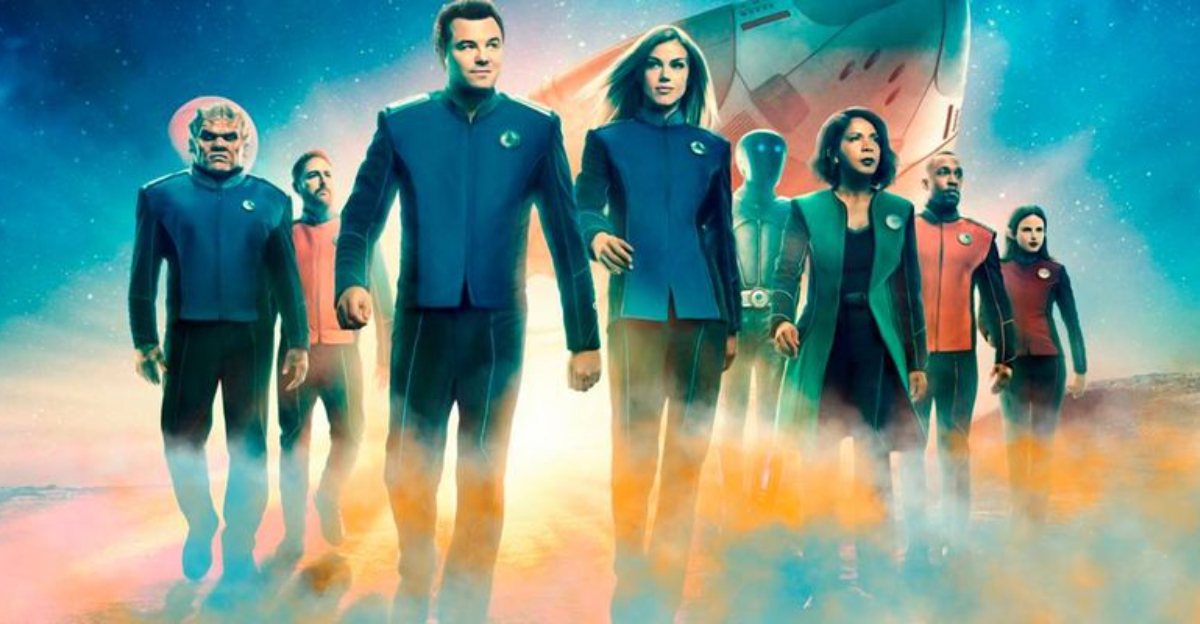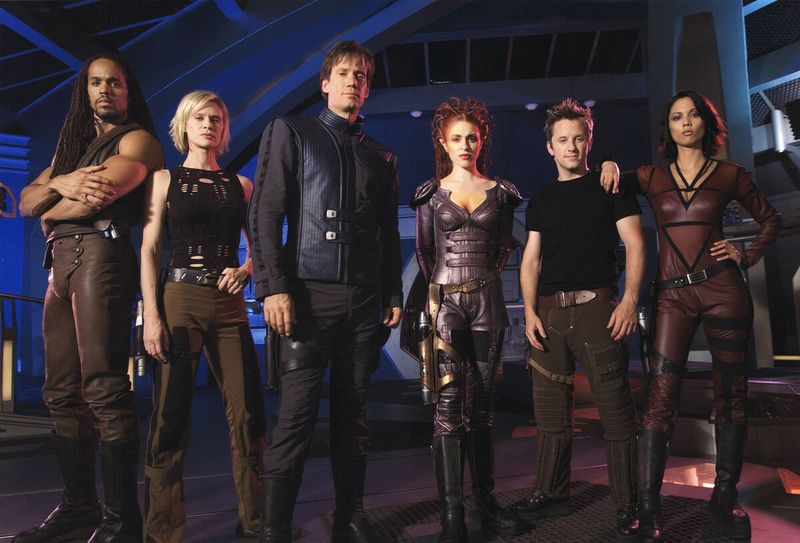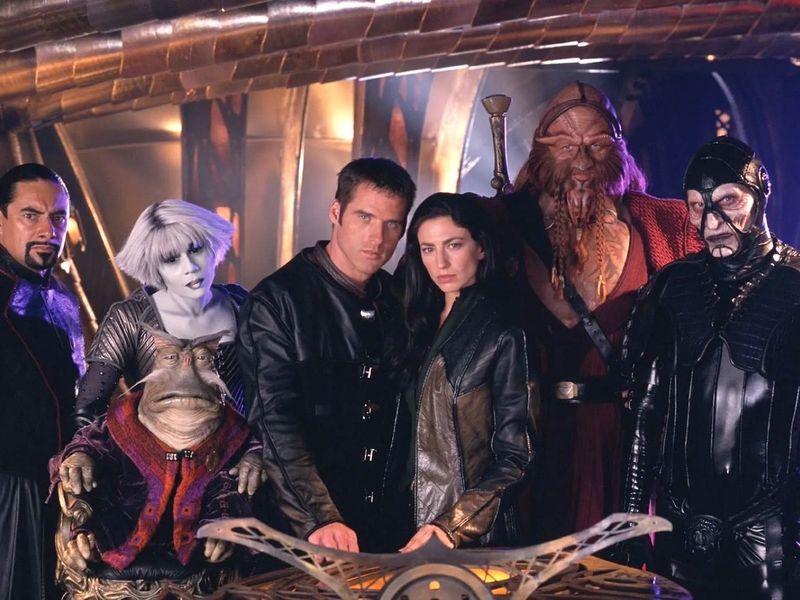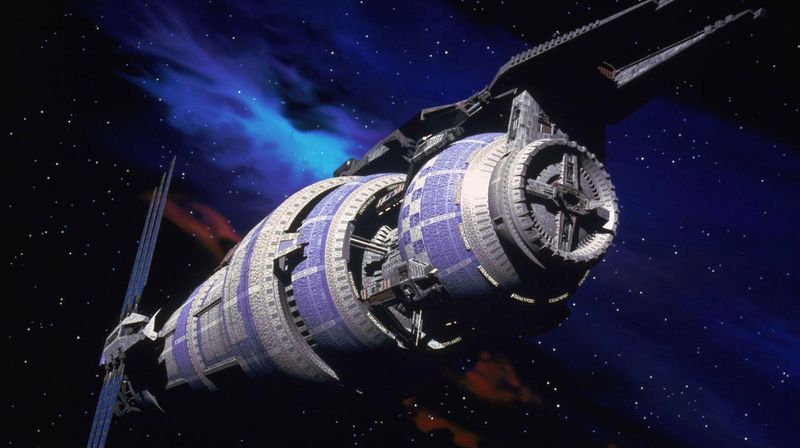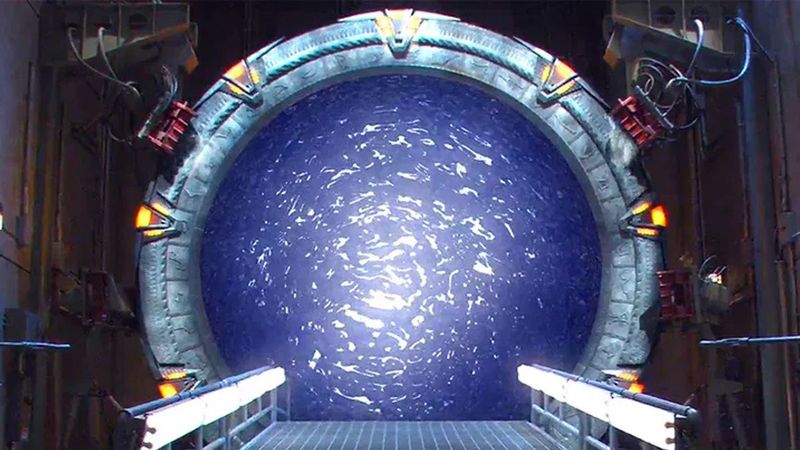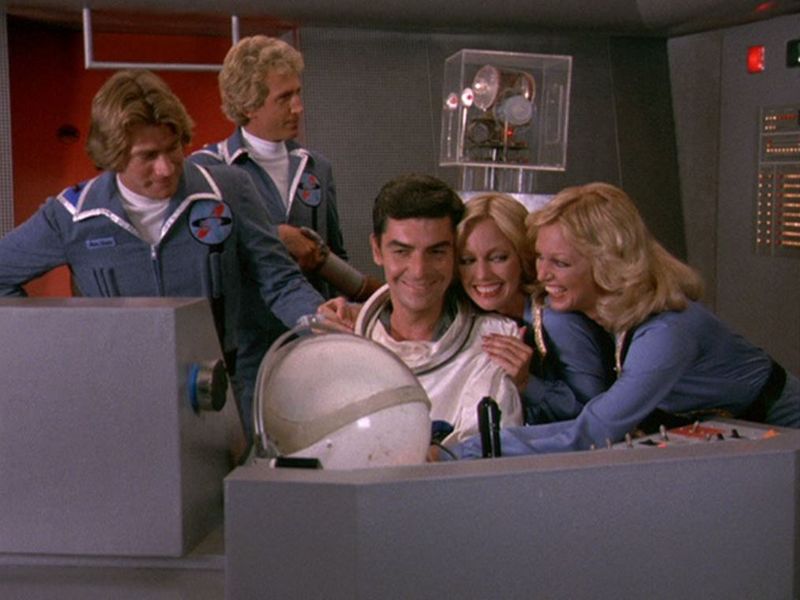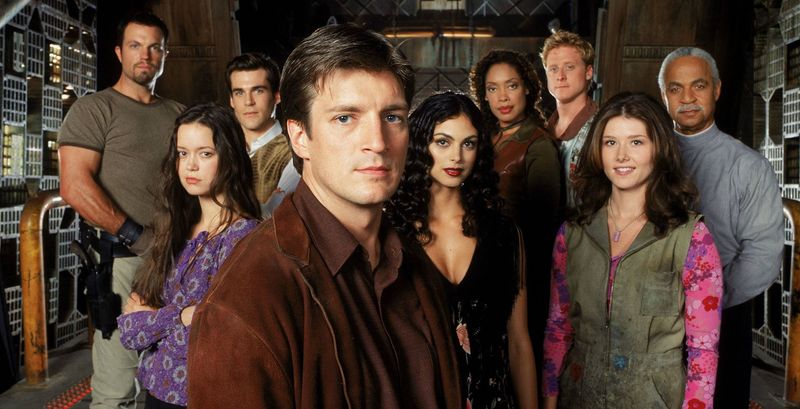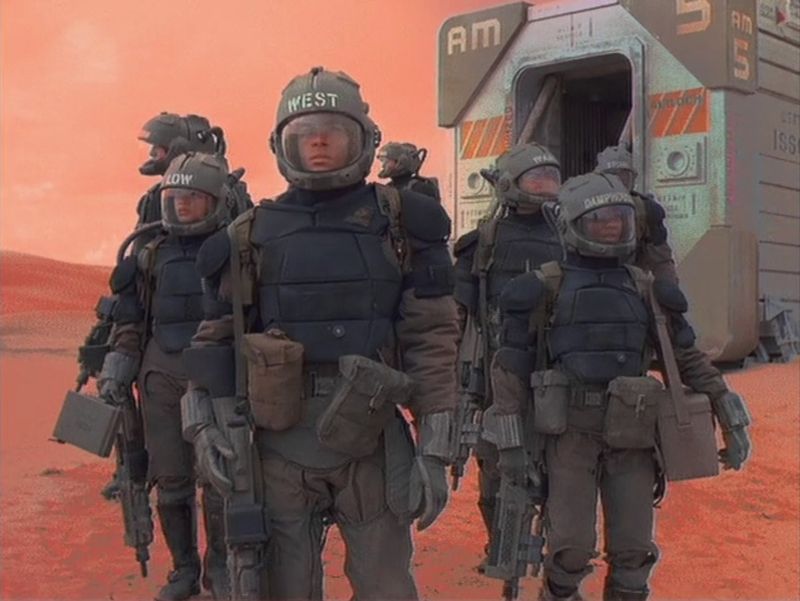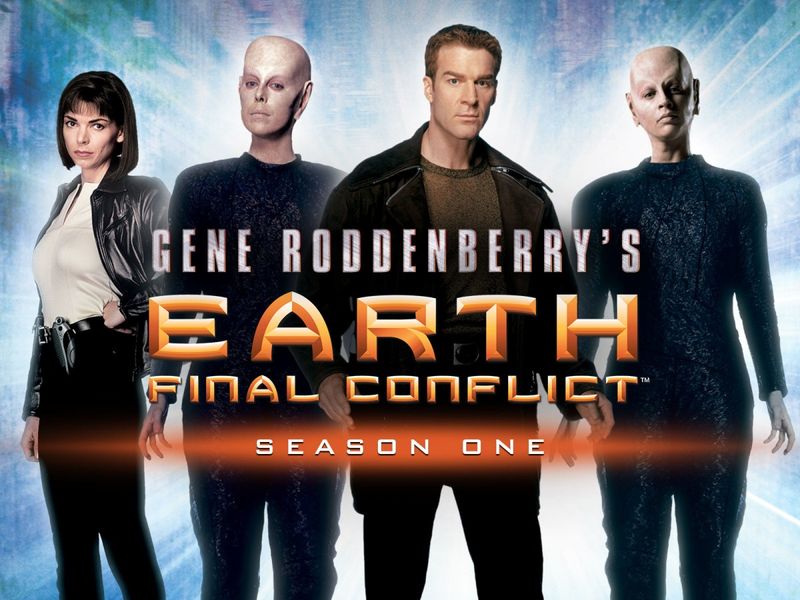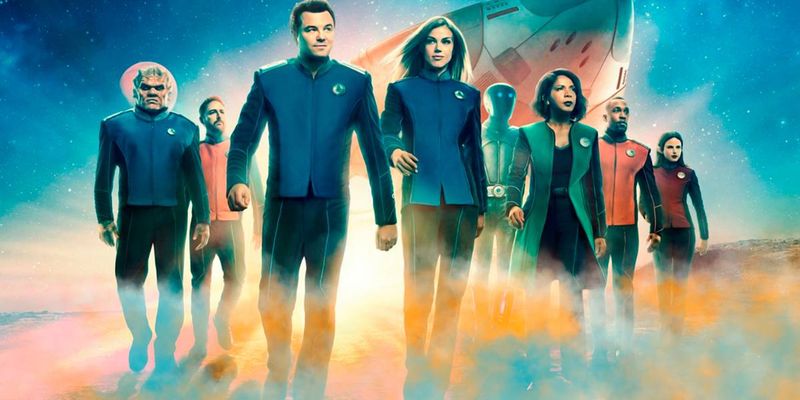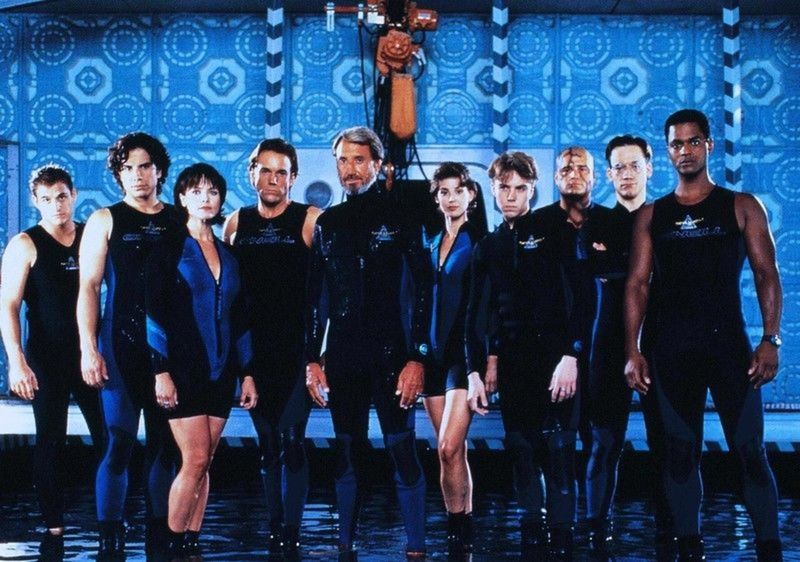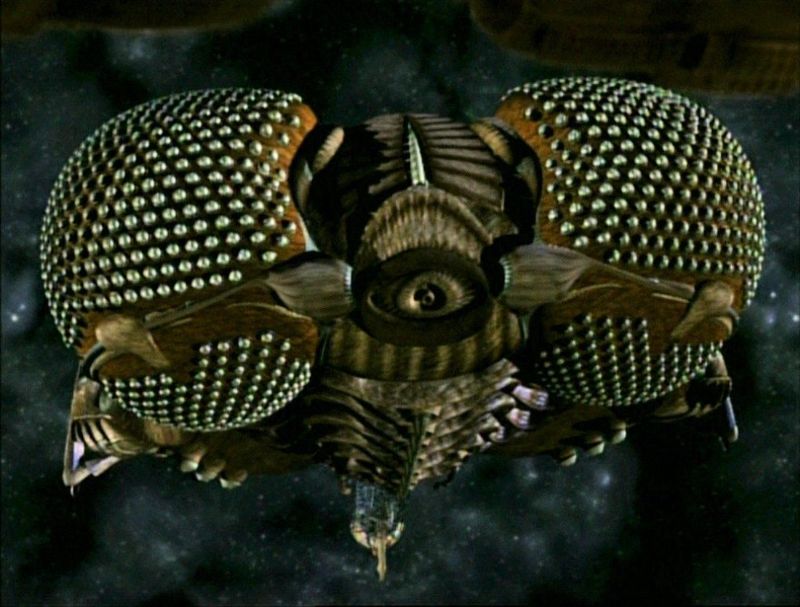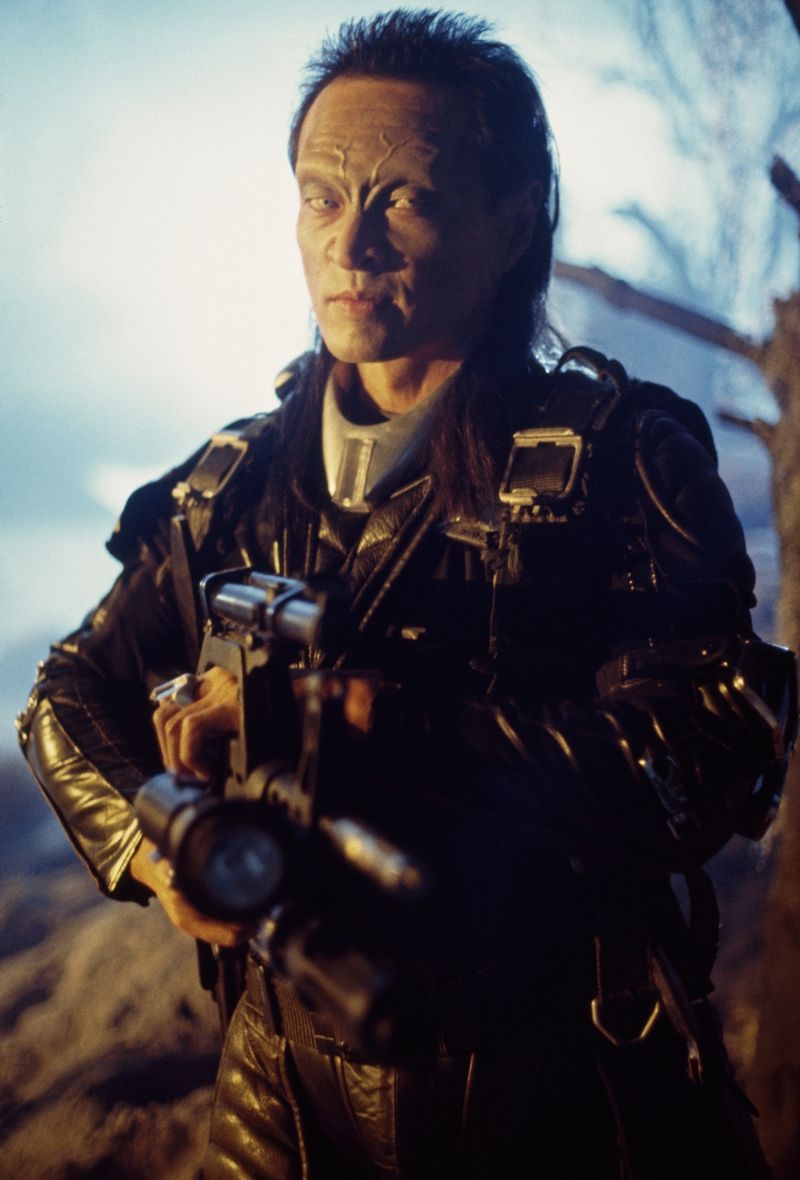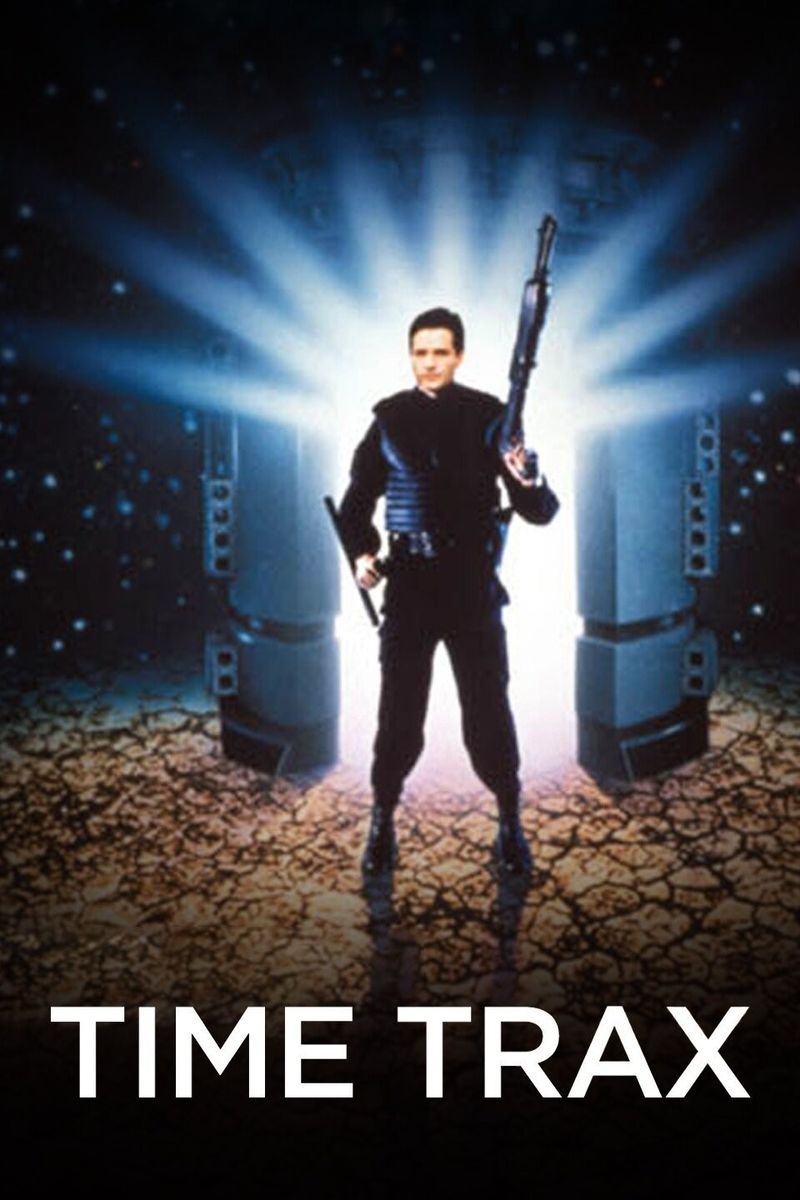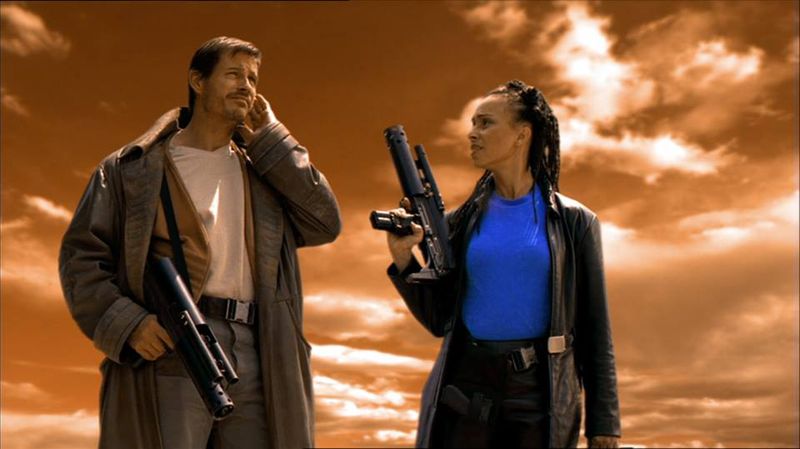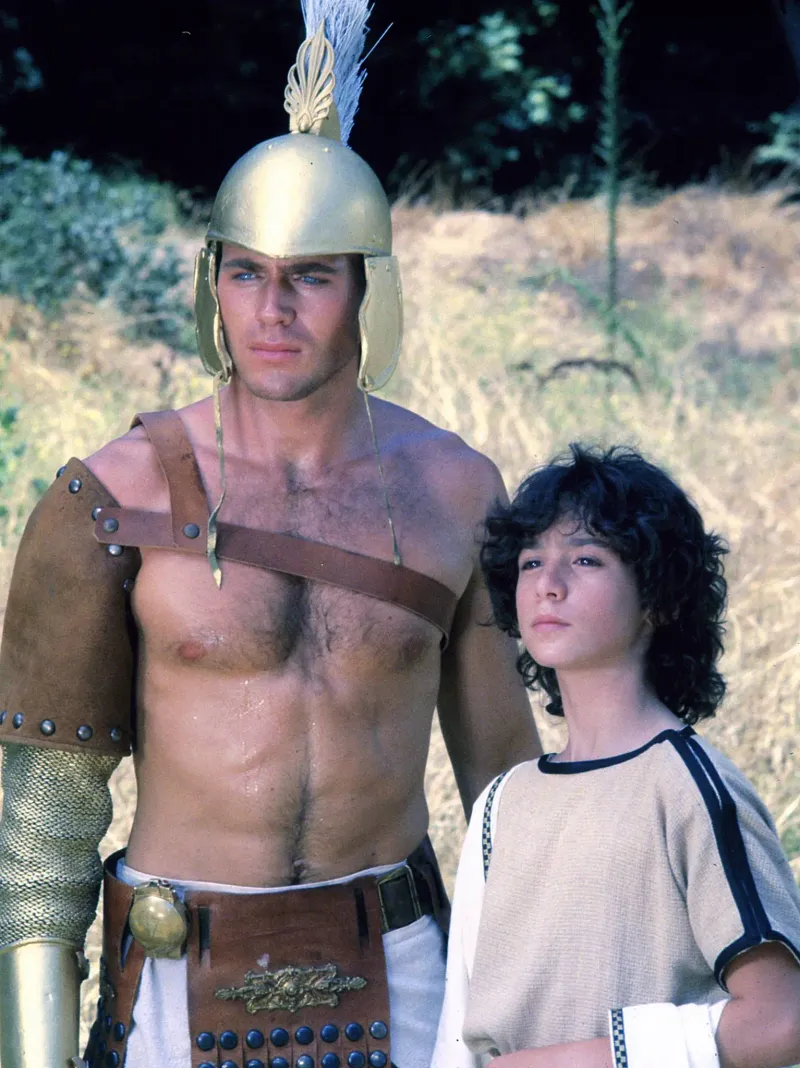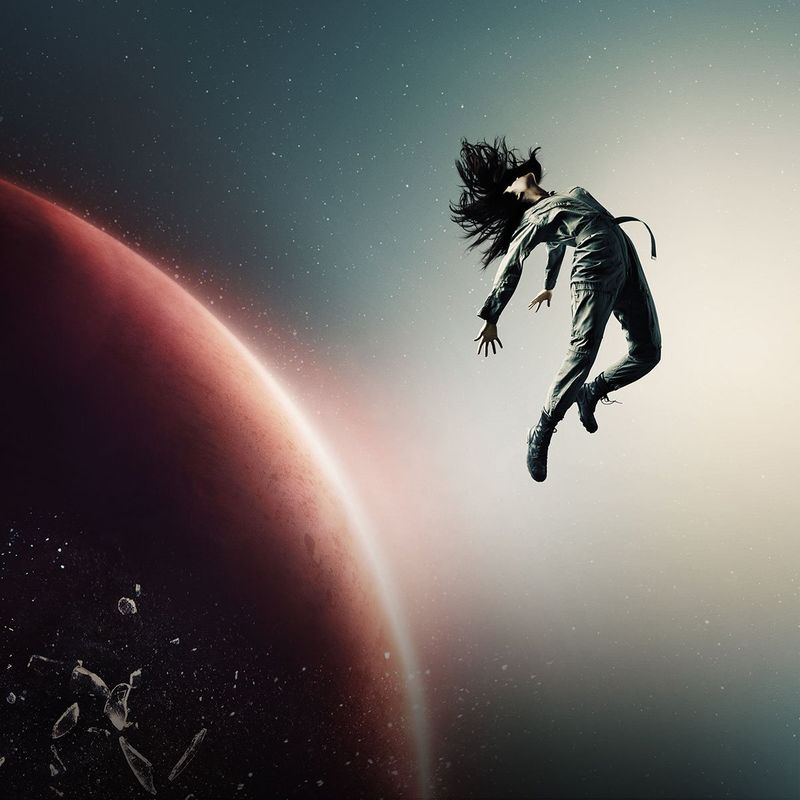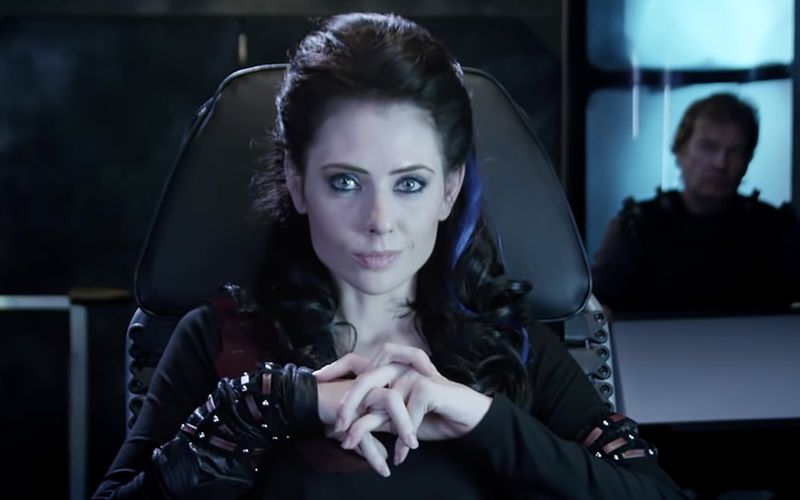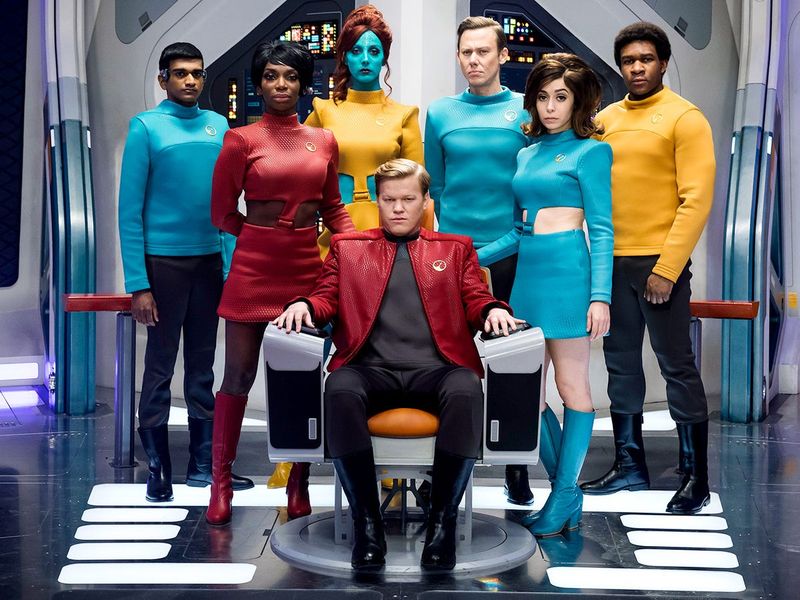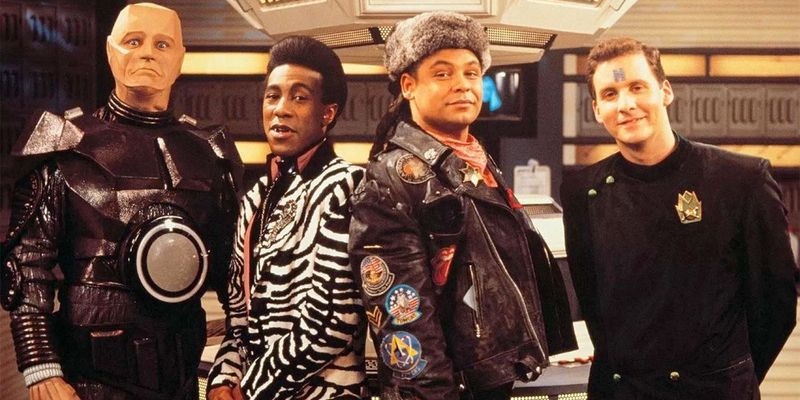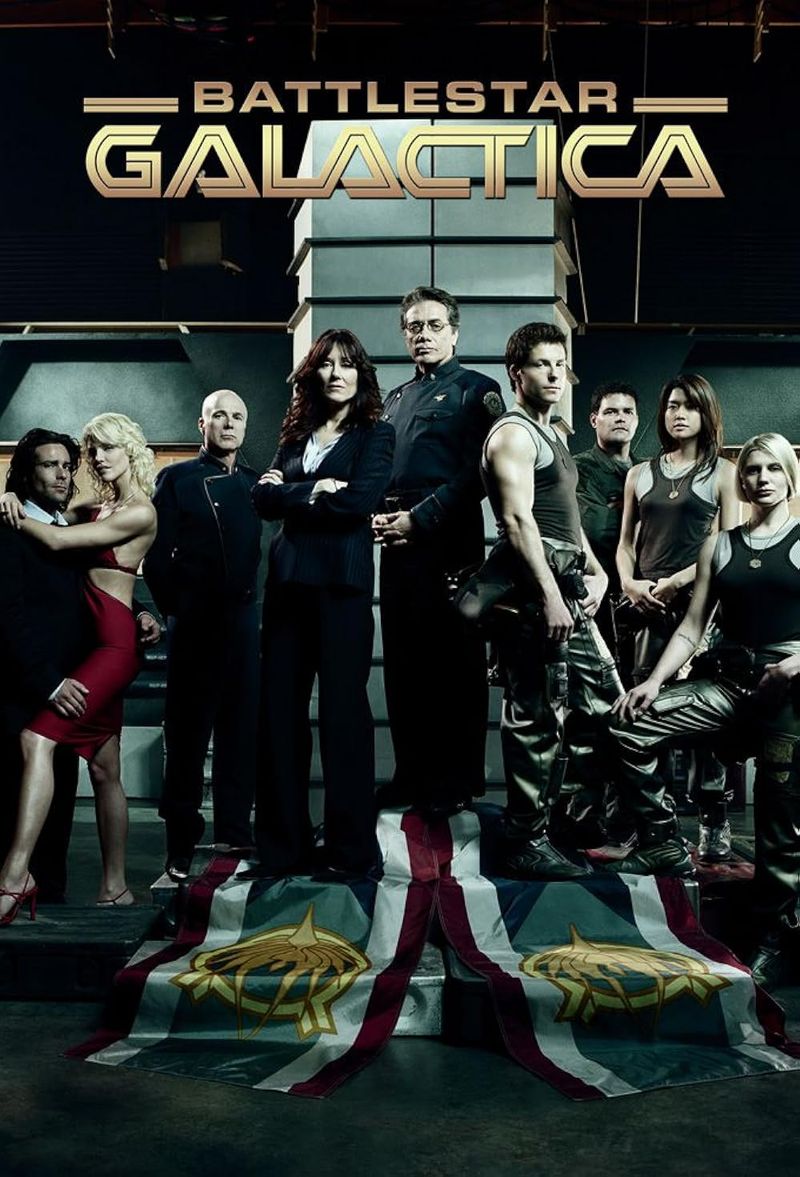Many TV shows have attempted to capture the essence of Star Trek, aiming to replicate its success. Here’s a look at 20 such series, exploring their journeys and outcomes:
1. Andromeda (2000–2005)
Based on Gene Roddenberry’s unused material, this series followed Captain Dylan Hunt’s quest to restore a fallen intergalactic government. Despite a strong start, behind-the-scenes changes led to a decline in quality over its five-season run. Fans were captivated by the show’s ambitious storytelling and complex universe.
2. Farscape (1999–2003)
An astronaut finds himself aboard a living spaceship with a diverse alien crew. Its unique storytelling and characters garnered a cult following, though it was canceled on a cliffhanger, later resolved by a miniseries. The imaginative universe and distinctive character dynamics set it apart from typical sci-fi fare.
3. Babylon 5 (1994–1998)
Set on a space station, this series delved into political and philosophical themes. While it developed its own identity, comparisons to Star Trek were inevitable. It achieved critical success and influenced future sci-fi storytelling, thanks to its serialized storytelling and intricate plotlines.
4. Stargate SG-1 (1997–2007)
Expanding on the 1994 film, the series explored interstellar travel via ancient portals. It became a long-running franchise, with multiple spin-offs, though it carved its own niche separate from Star Trek. The series was celebrated for its rich mythology and engaging character arcs.
5. Quark (1977–1978)
A sci-fi sitcom parodying Star Trek, it centered on a space sanitation crew. Despite its comedic approach, it lasted only eight episodes before cancellation. The show attempted to blend humor with science fiction, but struggled to find its audience during its brief run.
6. Firefly (2002)
Blending space opera with Western elements, it followed a ragtag crew on the fringes of society. Despite critical acclaim, it was canceled after one season, later gaining a cult following and a feature film continuation. The series’ unique blend of genres and compelling characters left a lasting impact.
7. Space: Above and Beyond (1995–1996)
Focusing on space marines in an interstellar war, it aimed for a grittier tone than Star Trek. Despite a dedicated fanbase, it was canceled after one season due to low ratings. The series’ darker and more realistic portrayal of warfare in space was both its strength and its downfall.
8. Earth: Final Conflict (1997–2002)
Another series based on Roddenberry’s ideas, it depicted humanity’s interaction with alien beings. While it explored complex themes, inconsistent storytelling led to mixed reviews. The series attempted to delve into ethical and moral questions, though it often struggled with coherence.
9. The Orville (2017–2022)
Seth MacFarlane’s homage to Star Trek blended humor with heartfelt storytelling. Initially perceived as a parody, it evolved into a respected sci-fi series, earning critical acclaim in later seasons. The show’s ability to mix comedy with serious topics allowed it to stand out in the crowded sci-fi genre.
10. SeaQuest DSV (1993–1996)
Set in the near future, it followed a high-tech submarine exploring Earth’s oceans. Initially successful, creative shifts and declining ratings led to its cancellation after three seasons. The series promised a new frontier of exploration but ultimately couldn’t maintain its initial momentum.
11. Lexx (1997–2002)
A darkly comedic series about a group traveling in a sentient spacecraft. Its unconventional style and mature themes garnered a niche audience but limited mainstream appeal. The show’s distinct humor and unusual narrative made it a cult favorite despite its divisive reception.
12. Space Rangers (1993)
Chronicling a team of law enforcers in space, it attempted to blend action and sci-fi. However, it failed to resonate with audiences, leading to its cancellation after six episodes. The series’ straightforward approach to storytelling was overshadowed by its lack of originality.
13. Time Trax (1993–1994)
A police officer from the future travels to the past to apprehend fugitives. While it had an intriguing premise, it struggled with execution and lasted only two seasons. The show’s attempt to mix procedural drama with sci-fi elements was met with uneven results.
14. Starhunter (2000–2004)
Following bounty hunters in a dystopian future, it aimed for a grittier tone. Production issues and cast changes affected its consistency, leading to a limited run. The series’ ambition was hampered by behind-the-scenes turmoil, which impacted its storytelling.
15. Voyagers! (1982–1983)
A time traveler and a young boy correct historical anomalies. Despite its educational angle and adventure, it was canceled after one season. The show’s blend of history and fantasy was charming but ultimately unable to secure a lasting audience.
16. The Expanse (2015–2022)
Set in a colonized solar system, it delved into political intrigue and human evolution. While not a direct Star Trek clone, its complex storytelling earned critical acclaim and a dedicated fanbase. The series’ rich world-building and intricate plots set a new standard in modern sci-fi.
17. Star Trek: Renegades (2015)
A fan-produced film featuring former Star Trek actors, it aimed to launch a new series. Legal issues led to the removal of Star Trek elements in subsequent projects. The project’s ambitious scope highlighted the lasting impact of Star Trek’s legacy among fans.
18. Black Mirror: USS Callister (2017)
A satirical episode paying homage to Star Trek, it explored themes of power and escapism. Plans for a spin-off series were shelved due to logistical challenges. The episode’s clever commentary on virtual reality and control resonated with audiences and critics alike.
19. Red Dwarf (1988–present)
A British sci-fi comedy about the last human alive and his quirky companions. While it parodied many sci-fi tropes, it developed its own unique identity and has enjoyed a long run. The show’s enduring popularity is a testament to its witty humor and inventive storytelling.
20. Battlestar Galactica (2004–2009)
A reimagining of the 1978 series, it presented a darker, more serialized narrative. Though differing in tone from Star Trek, it was often compared due to its space exploration themes and ensemble cast. The series’ focus on character-driven drama and moral complexity made it a standout in the genre.
